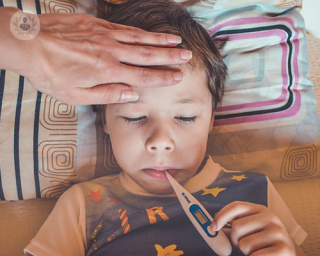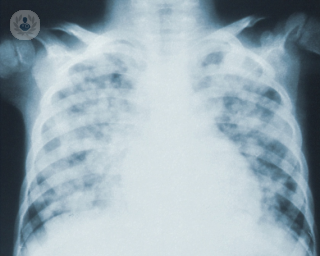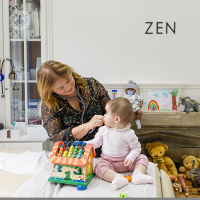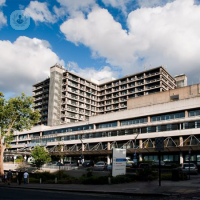Respiratory infection
Dr James Ramsay - Pulmonology & respiratory medicine
Created on: 12-29-2015
Updated on: 06-20-2023
Edited by: Aoife Maguire
What is a respiratory infection?
An acute respiratory infection (ARI) is a disease of the respiratory tract that evolves in a period of fewer than 15 days, often turning into pneumonia. It is usually classified into three types according to the degree of complication:
- ARI without pneumonia
- ARI with mild pneumonia
- ARI with severe pneumonia
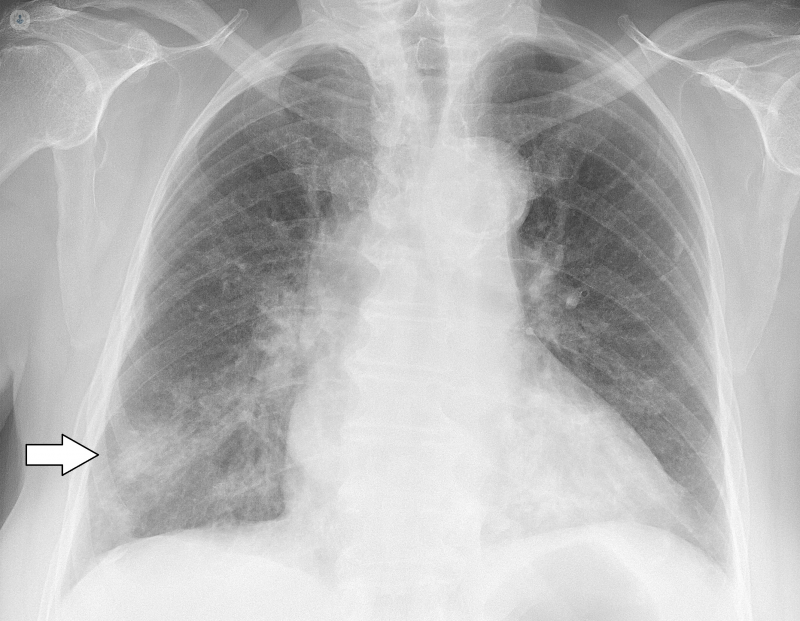
What are the symptoms of a respiratory infection?
The symptoms depend on the type of infection:
- ARI without pneumonia: abundant fluid in the nose, cough, fever, otorrhea (ear discharge), sore throat, dysphonia, exudate (fluid emitted through pores or a wound) in the pharynx.
- ARI with mild pneumonia: previous symptoms with tachypnea (increase in respiratory rate above normal values).
- ARI with severe pneumonia: previous symptoms with cyanosis (blue discoloration of the skin), increased respiratory distress.
What are the causes of a respiratory infection?
There are several factors that can cause a respiratory infection:
- Environmental: pollution, lack of ventilation in the home, passive smoking, sudden changes in temperature, contagion.
- Individual: age (affects babies under the age of one more frequently), low birth weight, previous infections, malnutrition, lack of vitamin A, not being vaccinated according to recommendations.
Can a respiratory infection be prevented?
Some factors may help to avoid respiratory infection in children:
- Breastfeed your baby for the first four to six months (if possible)
- Provide a healthy, balanced diet
- Do not smoke near children
- Not using charcoal or burning wood in closed places
- Providing the adequate clothing for the season (e.g in winter, wearing a hat and scarf)
- Avoiding sudden changes in temperature
- Giving them foods which contain vitamins A and C
- Ventilating rooms properly
- Making sure they drink plenty of fluids
What is the treatment for respiratory infection?
Respiratory infection is often first treated with antibiotics, and if the infection is caused by severe flu, with an antiviral medication. If the situation worsens, oxygen therapy can also be performed and, if there are complications, bronchodilator medication may be needed.

